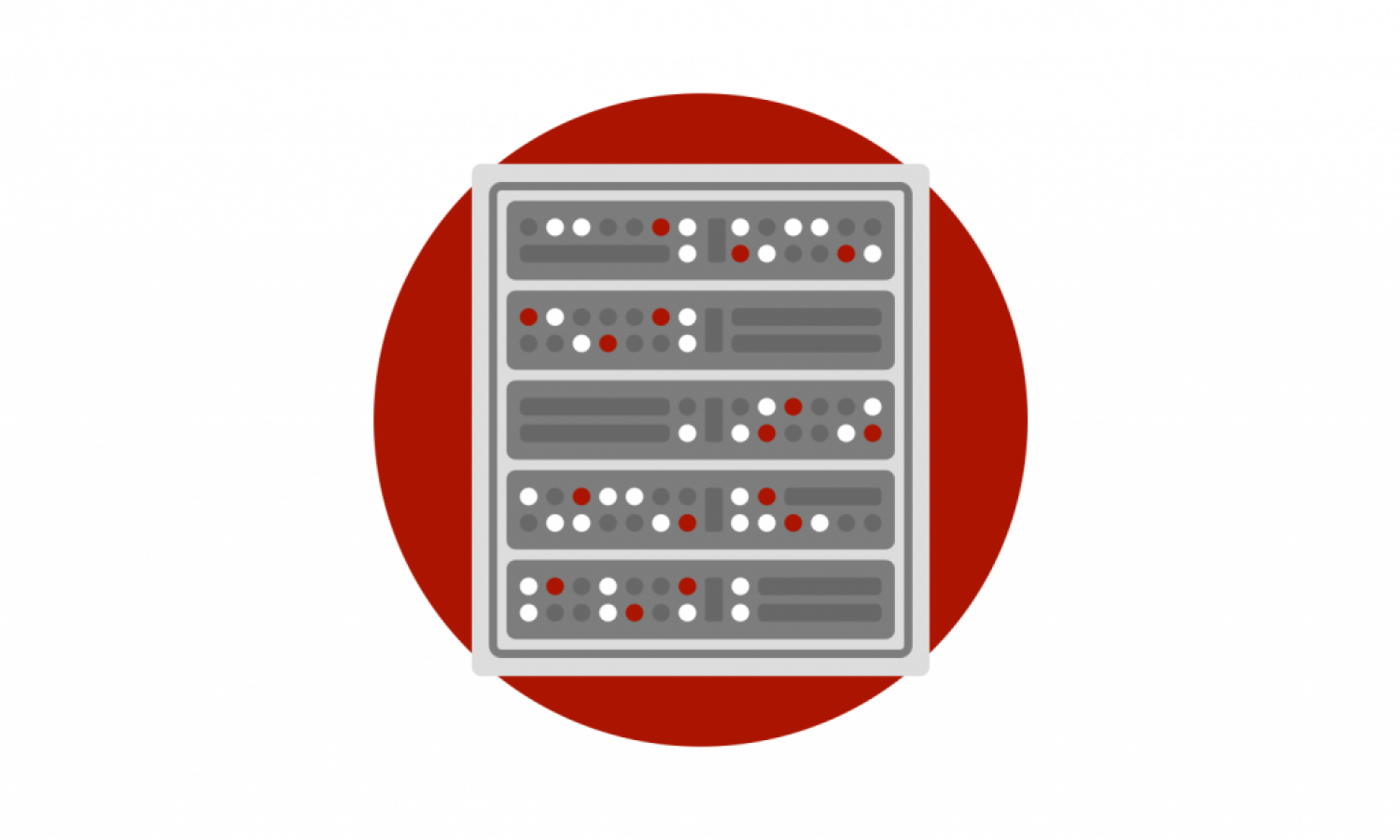i2Coalition Leads Internet Policy Discussion at HostingCon
Coalition members moderate panels on legislation and the growing
importance of the Internet infrastructure industry
 Austin, TX — The Internet Infrastructure Coalition (i2Coalition), comprised of nearly 65 member companies representing Internet infrastructure providers and related tech firms, today moderated a series of “Issues and Trends” panels at HostingCon in Austin, Texas. The panels brought together leading organizations from the Internet infrastructure industry to discuss policy objectives that will contribute to the growth of the Internet.
Austin, TX — The Internet Infrastructure Coalition (i2Coalition), comprised of nearly 65 member companies representing Internet infrastructure providers and related tech firms, today moderated a series of “Issues and Trends” panels at HostingCon in Austin, Texas. The panels brought together leading organizations from the Internet infrastructure industry to discuss policy objectives that will contribute to the growth of the Internet.
“HostingCon is the premier industry conference and trade show for web hosting and cloud service providers,” said Christian Dawson, i2Coalition Co-Founder and Board Chair. “It was the ideal venue to discuss with our members and other leaders of the Internet infrastructure community the ways to safeguard our industry, protect privacy and ensure that it remains an engine for innovation.”
i2Coalition hosted four panels on Tuesday, each focusing on a specific issue vital to the continued success of Internet infrastructure industry, a business that generates $46 billion in direct and indirect revenue each year. Topics discussed included patent trolls, the borderless Internet, ways to improve the appeal of U.S. hosting providers on the global market, and the future of customer privacy, an issue that has been a top priority for i2Coalition.
“i2Coalition has been at the forefront of the discussions to reform outdated electronic communications laws at the federal level, which we discussed at today’s panel, The Future of Customer Privacy,” said Dawson. “The i2Coalition supports a warrant requirement for all government searches of email and other electronic communications, which would establish consistent privacy protections.”
Enacted in 1986, the Electronic Communications Privacy Act (ECPA) specified standards for law enforcement agencies’ access to electronic communications and other data, and gave important privacy protections to subscribers of emerging wireless and Internet technologies. Technology has advanced dramatically since 1986, and there are currently efforts in Congress to reform ECPA to bring it up to date.

